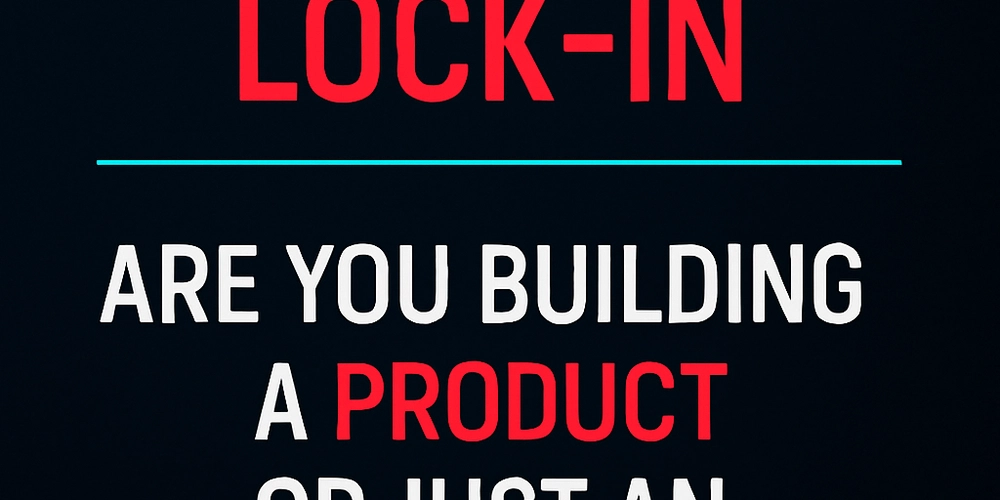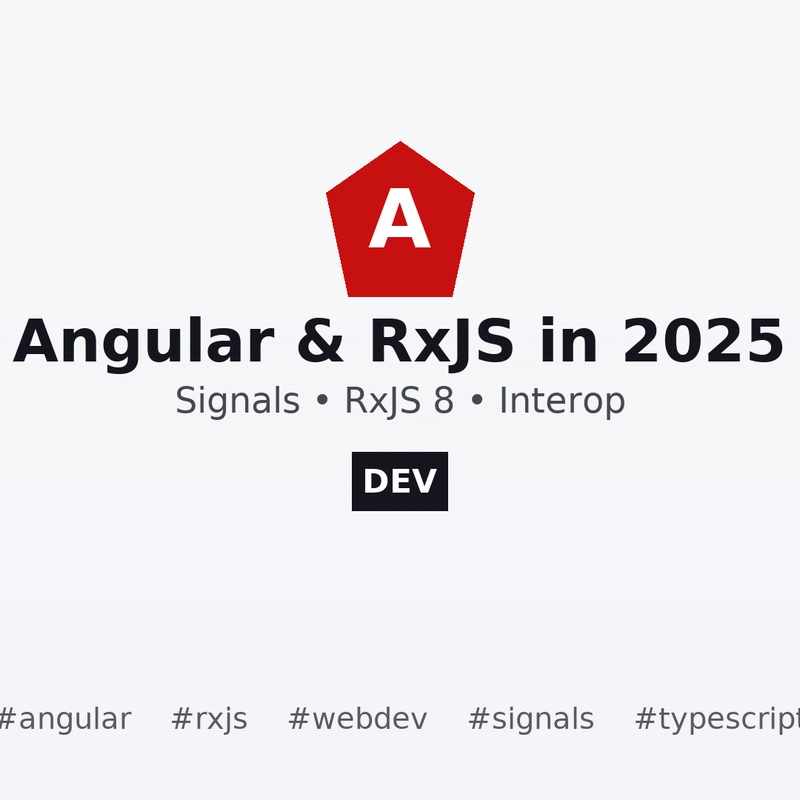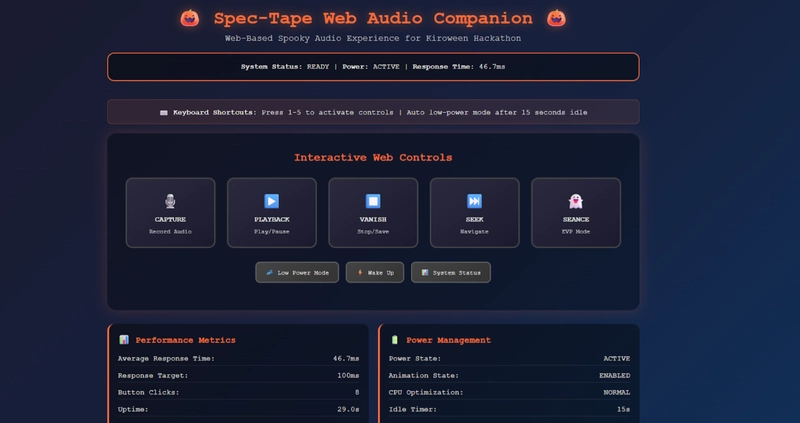Ever looked at code that feels more like a framework demo than a real product?
Many teams proudly say: “We’ve built an independent product.”
But when you dig deeper, you realize everything — from routing to authentication — is tightly bound to the framework.
Why is this a problem?
In that scenario, your product has no independent identity.
If the framework gets deprecated tomorrow or the team shifts direction, you’ll end up rewriting everything from scratch.
That’s the danger of Framework Lock-In.
The trade-off
On the flip side, some teams intentionally give up freedom for development speed and community support.
Fair enough… but is that truly a strategy, or just convenience disguised as one?
What often gets forgotten
A real product should have its own architectural identity.
A framework should remain a tool, not the thing that defines your product.
The uncomfortable truth: many so-called “products” are really just framework extensions.
Question
Would your product survive without the framework,
or is it just a plug-in living on top of it?
What do you think?
Have you ever refactored a system that was too tied to its framework?



